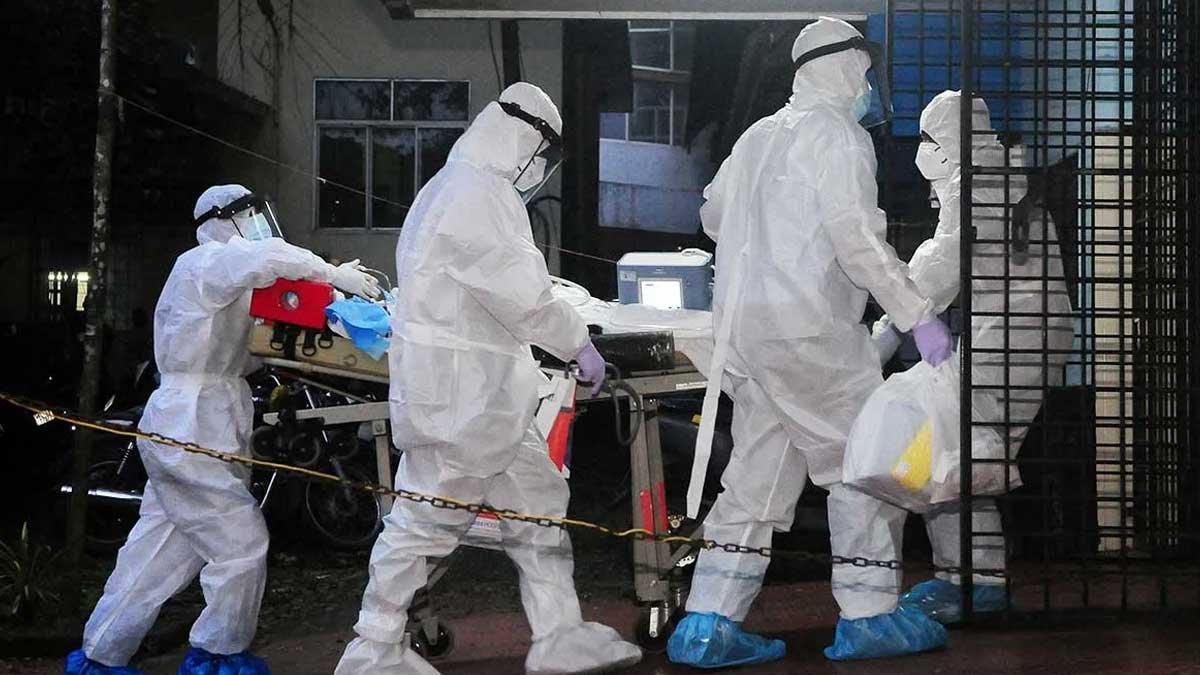New Delhi, 14 June 2025: India is witnessing a steady rise in COVID-19 cases once again, triggering fresh concerns about the effectiveness of vaccines in preventing infections. Despite high vaccination coverage and previous waves of natural immunity, several states—including Maharashtra, Kerala, and Delhi—are reporting a notable uptick in daily cases. What’s more worrying is that many of the new infections are occurring in people who are fully vaccinated, raising a key question: why are COVID-19 vaccines no longer offering strong protection against infection?
Vaccines Were Designed to Prevent Severe Illness—Not All Infections
Medical experts explain that the current generation of COVID-19 vaccines—whether Covishield, Covaxin, or mRNA-based vaccines—were primarily developed to reduce the risk of severe disease, hospitalisation, and death. While early in the pandemic, they did offer some protection against infection, their main job has always been to prevent serious complications. As the virus has evolved, especially with the emergence of Omicron and its many subvariants like JN.1 and NB.1.8.1, its structure has changed enough that vaccine-induced antibodies may no longer recognise it effectively, allowing it to bypass immune defenses and cause mild or moderate infections.
Waning Immunity Is a Key Factor
Another major reason why vaccinated individuals are now getting infected again is waning immunity. The immune response from both the vaccine and past infections diminishes over time, especially if a booster dose hasn’t been taken. It’s been over two years since many Indians received their last vaccine dose, and without periodic boosters, antibody levels fall, making it easier for new variants to infect the body. This doesn’t mean the vaccines have failed—it simply means their protective window against infection is time-limited.
New Variants Are Skilled at Immune Escape
The coronavirus continues to mutate, and newer variants like NB.1.8.1 are equipped with spike protein changes that help them evade neutralising antibodies generated by both vaccines and prior infections. This immune escape allows them to infect even those who are considered immune. However, these newer variants are, fortunately, less likely to cause severe illness in most people—especially those who are vaccinated—which shows that the vaccine’s protective effects are still active at the level of reducing hospitalisation and death.
What You Can Do to Stay Protected
While breakthrough infections are becoming more common, they are typically mild and self-limiting. To protect yourself and others:
- Get booster doses if eligible, especially for seniors and high-risk individuals.
- Wear masks in crowded or poorly ventilated places.
- Continue good hygiene practices like hand washing and using sanitiser.
- Avoid close contact with symptomatic individuals.
- Eat well, rest adequately, and stay hydrated to support your immune system.
The rise in COVID-19 cases in India doesn’t mean that vaccines are useless—they are still a critical tool in reducing the severity of illness and saving lives. What’s needed now is continued surveillance, timely booster campaigns, and responsible behaviour from the public. Understanding that mild infections may still occur—even after vaccination—helps set realistic expectations and underscores the importance of layered protection strategies as we continue to live with an evolving virus.






